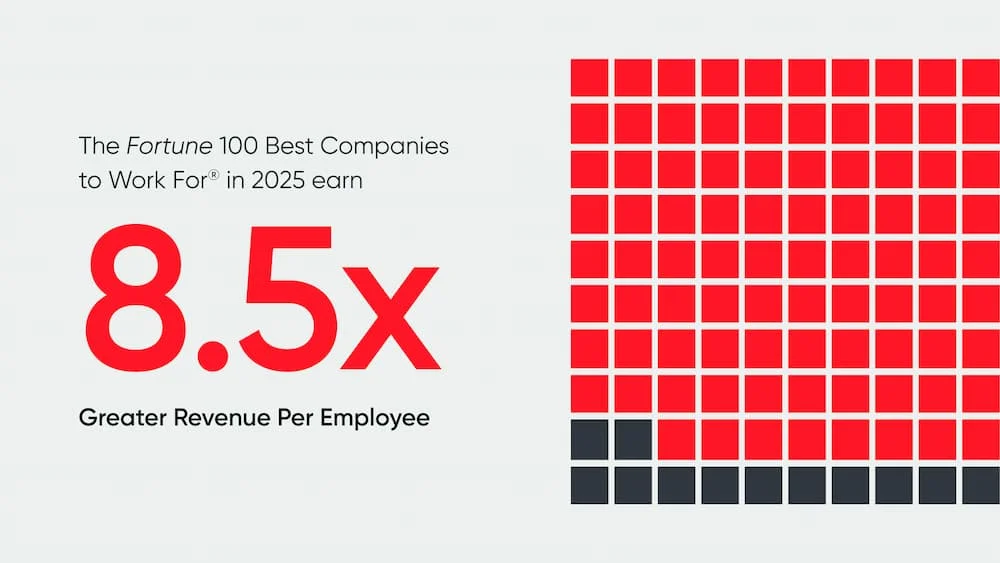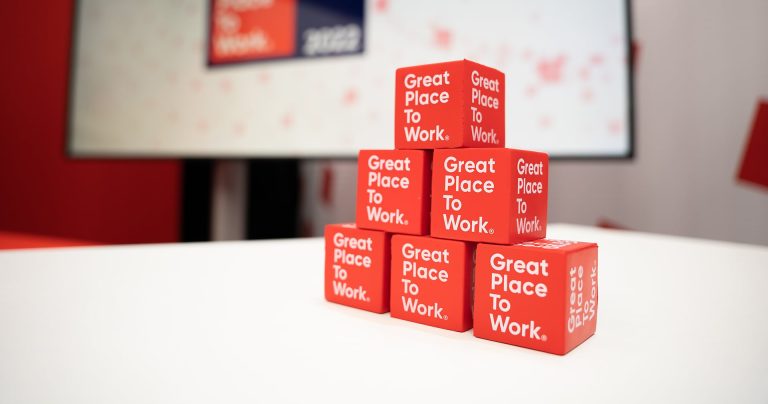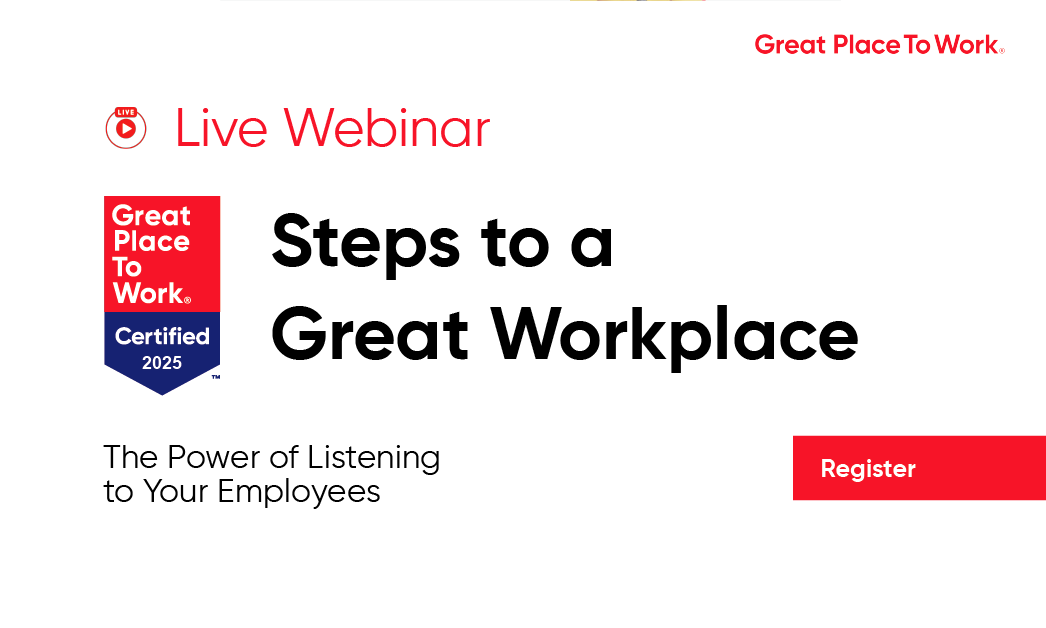Navigating through the dimensions that build the Trust Model: Fairness in the Workplace
Fairness stands as a crucial cornerstone for success, and it is a profound guiding principle that should be seen at the core of an organisation whose foundation is built on trust. Fairness plays a definitive role on employee well-being and is closely linked as it encompasses more than the concept of equality but the practices and behaviors that make employees feel valued, respected and secure in their roles.
How Can the Essence of Fairness Provide Equal Opportunities for All
At its core, fairness ensures that every individual, regardless of their background, has an equal shot at success. It means that promotions, career development, and access to opportunities are based on merit and not influenced by factors like gender, race, or personal connections.
In a fair workplace, employees have confidence that their hard work and skills will be recognized and rewarded. An organisation that has Fairness at its core ensures there is Diversity and Inclusion; from recruitment to promotion processes. Its management practices and policies should assess the equity, impartiality and justice employees experience in the workplace.
Fairness builds trust among employees and thrives on Transparency. Unavoidably, Leaders bear a special responsibility in upholding fairness. Ethical leadership sets the tone for the entire organization. Leaders who model fairness in their decisions and actions inspire trust and well-being among employees. Make it a habit to consistently assess your own conduct and that of your senior leadership.
Are you consistently aligning your actions with your words? Are you actively engaging with your teams and showcasing your confidence in them? Are you consistently displaying trustworthiness, along with empathy and understanding? If so, you're making significant strides in the right direction.
Do your Employees believe Management Practices are Fair?
Looking through our past surveys of certified organisations, employees gave an average rating of 74% for the Fairness dimension. This shows that employees strongly feel that there is fairness in treatment; regardless of sex, race or ethnic origin, age, and other factors are generally well regarded. Certified organisations also outperform uncertified ones in fairness-related statements. They are more likely to avoid favoritism and promote promotions & recruit based on merit.
In a survey done by Great Place to Work for Great Workplaces Nigeria in 2022, the data gathered translated that all certified companies had an average Fairness rating of 75% and this is observed across various characteristics. The general survey results of these certified companies indicated that in their organisations:
· 87% of people agree they are treated fairly regardless of their sex.
· 85% of people agree they are treated fairly regardless of their race or ethnic origin.
· 85% of people agree they are treated fairly regardless of their sexual orientation.
· 83% of people agree they are treated as a full member regardless of their position.
· 78% of people agree they are treated fairly regardless of their age
· 75% of people agree that if they are unfairly treated, they believe they would get a fair hearing if they appeal.
· 70% of people agree that everyone has an opportunity to get special recognition.
· 66% of people agree that employees are paid fairly for the work they do.
· 64% of people agree that promotions go to those who best deserve them.
· 61% of people agree that people avoid politics and backstabbing as ways to get things done.
· 61% of people agree that managers avoid favoritism.
· 55% of people agree they feel they receive a fair share of the profits made by their organisation.
Fair treatment is observed across various characteristics, although there's room for improvement in promoting based on merit and avoiding favoritism.
Our data shows that creating a culture of fairness in your organisation will certainly give you happier, more productive employees. They’ll feel freer to speak up, to dare, to innovate.
In the grand symphony of a thriving workplace, fairness takes center stage. It extends its reach across employees, impacting their well-being profoundly. Fair workplaces inspire trust, encourage diversity, resolve conflicts justly, and empower employees to share their voices. In return, employees find not just jobs but fulfilling careers within these environments, where their well-being is paramount, and their contributions are celebrated.
As organisations continue to evolve, it is clear that fairness is not just a dimension of workplace culture but an essential driver of employee happiness and success.
Credited to: Anita Nkiruka Okwechime








